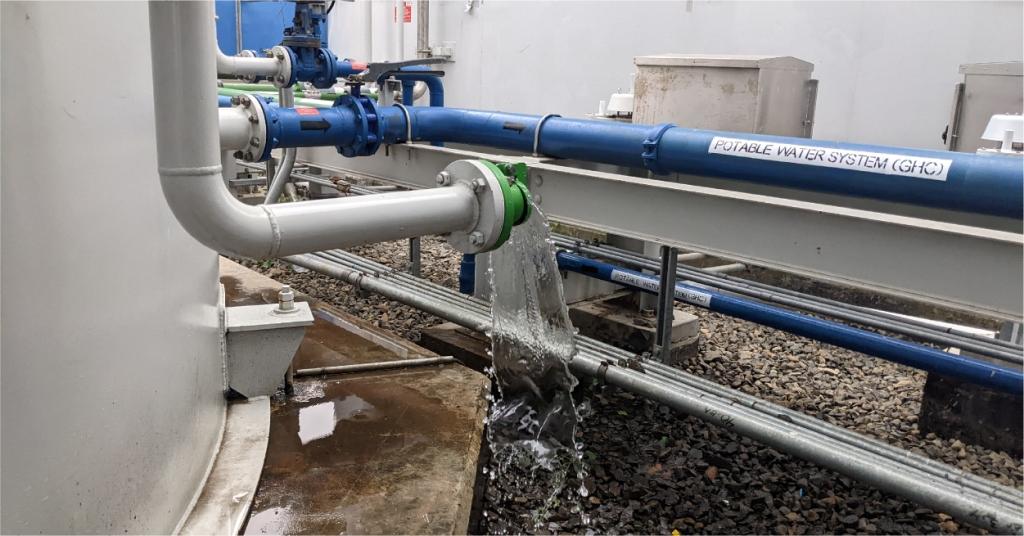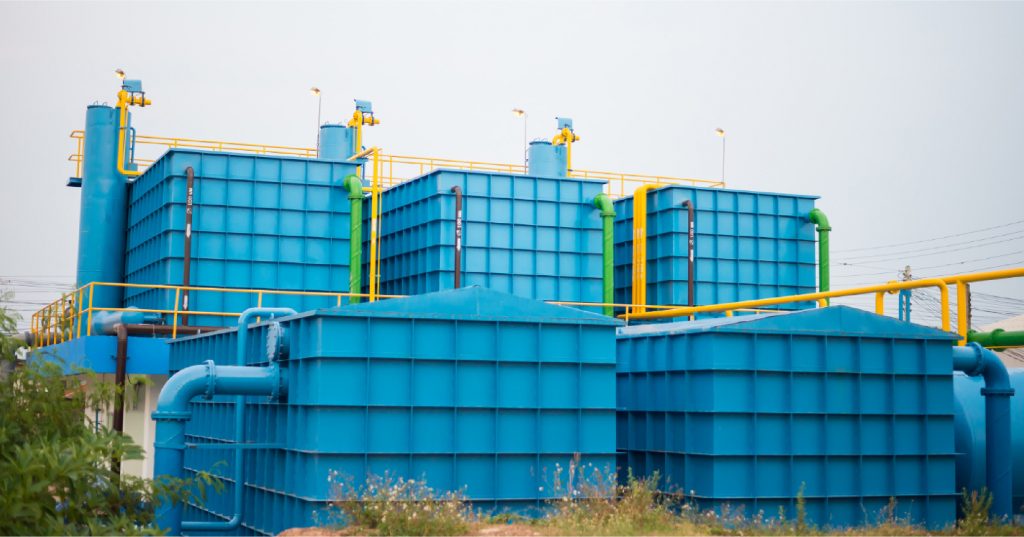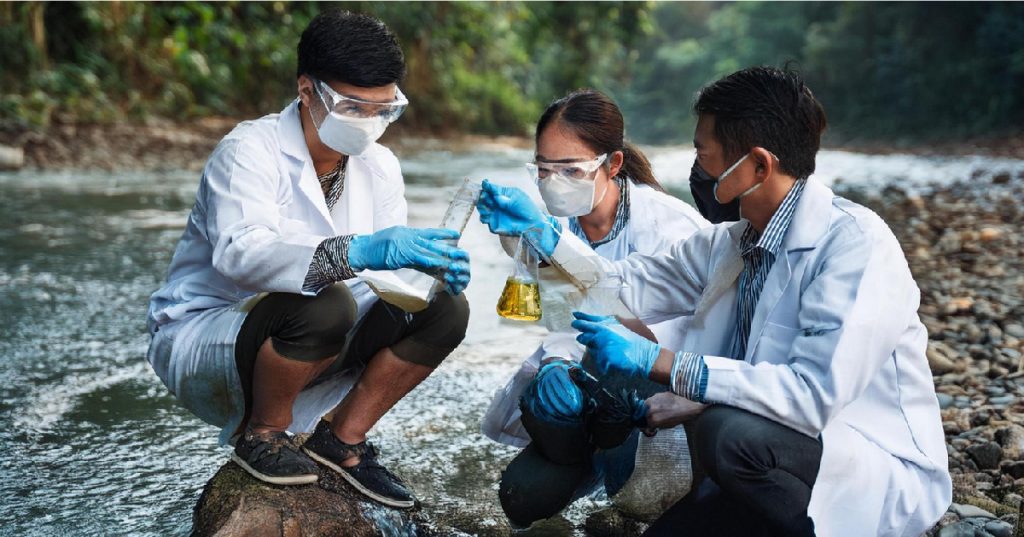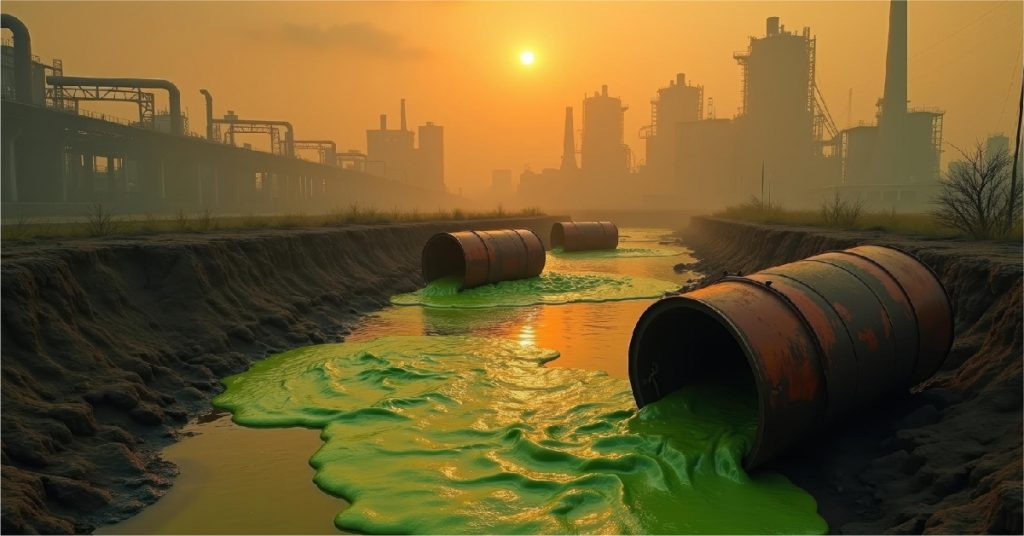Access to safe drinking water is a fundamental need, and Singapore’s comprehensive municipal water treatment system plays a pivotal role in meeting this demand. With a growing population and limited natural water resources, Singapore has developed a world-class municipal water treatment process to ensure a continuous supply of safe, potable water for its residents.
This blog explores the municipal treatment of water, the various stages of the municipal water treatment process, and the role of municipal water treatment plants in maintaining water quality in Singapore.
What is Municipal Water Treatment?
Municipal water treatment refers to the process by which water from natural sources, such as reservoirs, rivers, and lakes, is treated to make it safe for drinking and other uses. This involves removing impurities, pathogens, and harmful substances to meet stringent water quality standards.
In Singapore, the Public Utilities Board (PUB) oversees the municipal treatment of water, ensuring every drop of water delivered to homes and businesses meets international safety and quality standards.
The Municipal Water Treatment Process in Singapore
The municipal water treatment process in Singapore is a multi-stage system designed to purify water efficiently. Here are the main stages:
1. Coagulation and Flocculation:
During this initial step, chemicals are added to raw water to cause suspended particles to clump together. These particles form larger clusters called flocs, making them easier to remove.
2. Sedimentation:
The water is then passed through sedimentation tanks, where the heavier flocs settle at the bottom. This process significantly reduces the turbidity of the water.
3. Filtration:
After sedimentation, the water flows through filters made of sand, gravel, and activated carbon. These filters remove finer particles, including bacteria, viruses, and organic matter.
4. Disinfection:
Disinfectants, such as chlorine or chloramines, are added to the water to kill any remaining pathogens and prevent contamination during distribution. In Singapore, ultraviolet (UV) disinfection is also used as an additional safeguard.
5. pH Adjustment and Mineral Addition:
The treated water’s pH is adjusted to prevent corrosion in the distribution system. Essential minerals, such as calcium and magnesium, may also be added to enhance taste and nutritional value.
6. Quality Testing and Distribution:
The treated water undergoes rigorous quality testing to ensure it meets or exceeds safety standards. It is then distributed through a network of pipes to households and businesses.
Why Municipal Water Treatment is Essential in Singapore?
1. Ensuring Public Health:
Municipal water treatment eliminates harmful microorganisms and pollutants, safeguarding the health of residents.
2. Addressing Limited Natural Resources:
With limited access to natural freshwater sources, Singapore relies on efficient water treatment systems to maximize available resources.
3. Supporting Economic Growth:
A reliable water supply is critical for industries, tourism, and businesses, contributing to Singapore’s economic development.
4. Promoting Sustainability:
Advanced technologies used in municipal water treatment plants, such as water recycling and desalination, help reduce the environmental impact of water consumption.
Innovations in Municipal Treatment of Water
Singapore has embraced innovation to overcome its water challenges. Some notable advancements include:
1. Desalination Technology:
Desalination plants convert seawater into potable water, providing a drought-resistant source of clean water.
2. NEWater:
This high-grade recycled water is treated using advanced membrane technologies and UV disinfection, showcasing Singapore’s commitment to sustainability.
3. Smart Water Management:
Real-time monitoring systems and predictive analytics help optimize water treatment processes and minimize waste.
4. Energy-Efficient Operations:
Municipal water treatment plants in Singapore utilize energy-efficient technologies to reduce their carbon footprint.
Ion Exchange: Pioneering New Frontiers in Driving Municipal Water Treatment Systems
Amid ongoing water quality challenges, companies like Ion Exchange are crucial in providing effective solutions to tackle these issues. We offer a range of water treatment solutions to ensure safe drinking water for households and industries alike. Our focus is not just on removing contaminants but also on ensuring that water retains its essential minerals.
Ion Exchange, the pioneer of potable water treatment solutions in Singapore, offers a comprehensive range of products under its flagship brand ZeroB. These solutions provide advanced purification technologies, including reverse osmosis, ultrafiltration membranes, electrochlorination, ozonation, and resins, to purify surface and groundwater, making it safe for drinking. The range includes:
- Point-of-Use Purifiers for Homes (ZeroB)
- Water Treatment Systems for Institutions
- Rural & Community Water Treatment Systems
- Containerized Water Treatment Systems
catering to various needs, ensuring safe and clean drinking water across diverse environments.
Conclusion
Municipal water treatment is a cornerstone of public health and sustainable development in Singapore. By leveraging cutting-edge technologies, municipalities can enhance the efficiency of their water treatment processes, reduce environmental impact, and deliver safe water to communities
Connect with Ion Exchange experts today to learn more about advanced municipal water treatment solutions.





